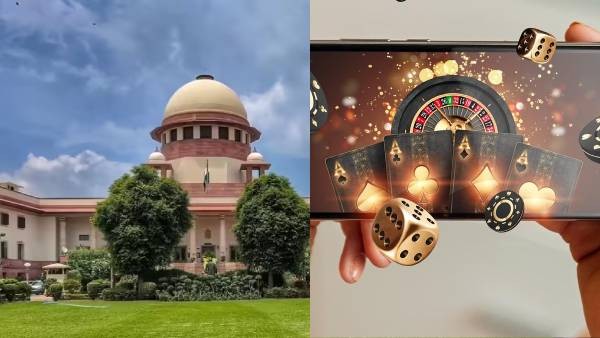
In a significant legal development, the Supreme Court of India has taken over all petitions challenging the constitutional validity of the Promotion and Regulation of Online Gaming Act, 2025. This central legislation, passed by both the Lok Sabha and Rajya Sabha and signed into law by the President, imposes a nationwide ban on real-money online gaming, including skill-based formats such as fantasy sports and e-sports. The apex court’s decision to consolidate cases from the DelhiKarnataka, and Madhya Pradesh High Courts signals its intent to deliver a unified verdict on the matter.
The central question now before the Supreme Court is whether it can strike down a law that has been duly passed by both Houses of Parliament. The answer lies in the Constitution itself. While Parliament holds the authority to legislate, the Supreme Court serves as the guardian of the Constitution and has the power of judicial review. If a law violates fundamental rights—such as Article 14 (equality before law), Article 19(1)(g) (freedom to practice any profession), or Article 21 (right to life and personal liberty)—the Court can declare it unconstitutional and void.
Petitioners argue that the Act fails to distinguish between games of skill and games of chance, a distinction previously upheld by courts. By banning all online money games, including those recognized as skill-based, the law allegedly infringes on the right to conduct legitimate business. Moreover, critics contend that the Act oversteps legislative competence, encroaching on subjects traditionally regulated by states under the federal structure. These constitutional challenges form the crux of the Supreme Court’s upcoming deliberations.
Historically, the Supreme Court has struck down laws passed by Parliament when they were found to be unconstitutional. Landmark cases such as Kesavananda Bharati v. State of Kerala and Minerva Mills v. Union of India reaffirm the Court’s authority to invalidate legislation that violates the basic structure or fundamental rights. As the gaming industry braces for the verdict, the outcome will not only determine the future of online gaming in India but also reaffirm the delicate balance between legislative power and judicial oversight.
